Ford Foundation has called on cultural and faith leaders to key into the global agenda of ending Gender-based Violence (GBV) by advancing policies that change social norms towards addressing that both in Nigeria and West Africa in general.
The NGO made the call during a roundtable organised in collaboration with the United Nations Women in Lagos on Wednesday.
Speaking at the one-day event held at Eko Hotel and Suites, Executive Vice President, Ford Foundation, Mrs Hilary Pennington, said the mission of the foundation is to advance human dignity and welfare, promote understanding among peoples and to disrupt all forms of inequality around the world.
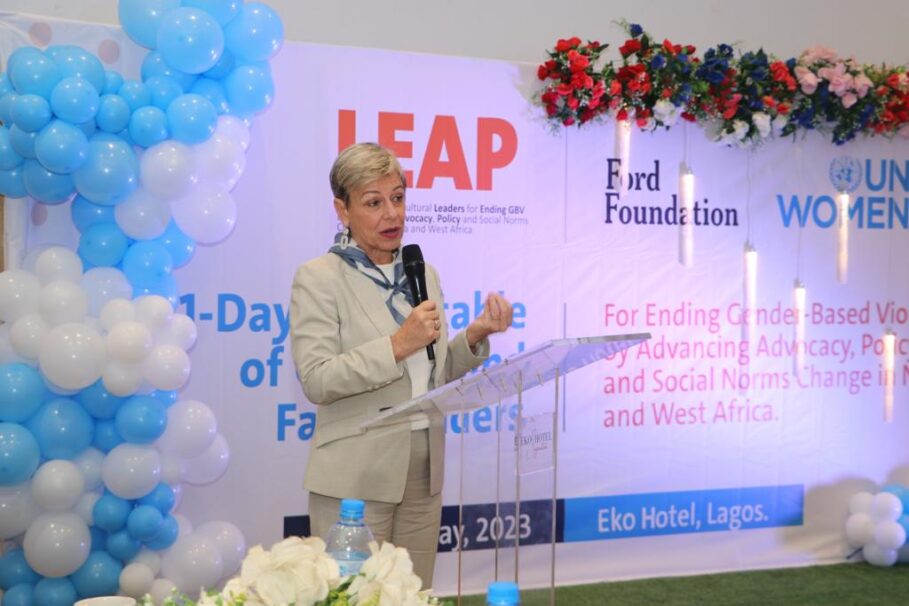
Part of the work she said is to Promote gender justice which includes ending violence against women’s rights.
Prime Business Africa reports that the event focused on GBV and its effects on the society and the role that can be played by cultural and faith leaders, alongside Women Rights Organisations (WROs), to address it.
Pennington said that cultural and faith leaders in Nigeria and West Africa in general, need to play significant role in tackling GBV as they are custodians with wealth of experience in their communities that can be deployed in the campaign.
She said: “As an American foundation, even though we have an office in Nigeria, led by West Africans, we cannot do this work effectively without you, without your advice, guidance and your leadership and partnership. We do not understand how to work on these issues and the best ways, unless we can hear from you and do it together,” Pennington told the cultural and faith leaders gathered at the event.
“So, we are here to learn from you to hear your advice and your wisdom and then to stay together working in partnership,” she added.
She noted that looking at statistics of GBV cases globally, one would understand the impact of such on the potentials of people affected in terms of their contribution to national development.
The Ford Foundation Executive Vice President further stressed that it is the duty of the current generation of leaders to change the situation for good.
“You know we have heard statistics that are very sobering today, and many facts and numbers.
“Behind each of those facts and numbers of people are human lives or human potential female and male that are held back because of the culture, the norms and practices we have all over the world, not just in Africa, and I believe we are the generation that can change this,” stated.
Also speaking at the event, Dr Chichi Aniagolu-Okoye, Regional Director, West Africa, Ford Foundation, re-echoed the concern expressed by Pennington on the statistics of gender violence and its effect on people in communities, especially women.
Dr Aniagolu-Okoye said it cuts across all parts of the country, adding that it manifests in the form of rape,
sexual harassment, female genital mutilation, wife battery, inhibition of widowhood rights, child molestation, infliction of physical injuries, and forced labour among others.
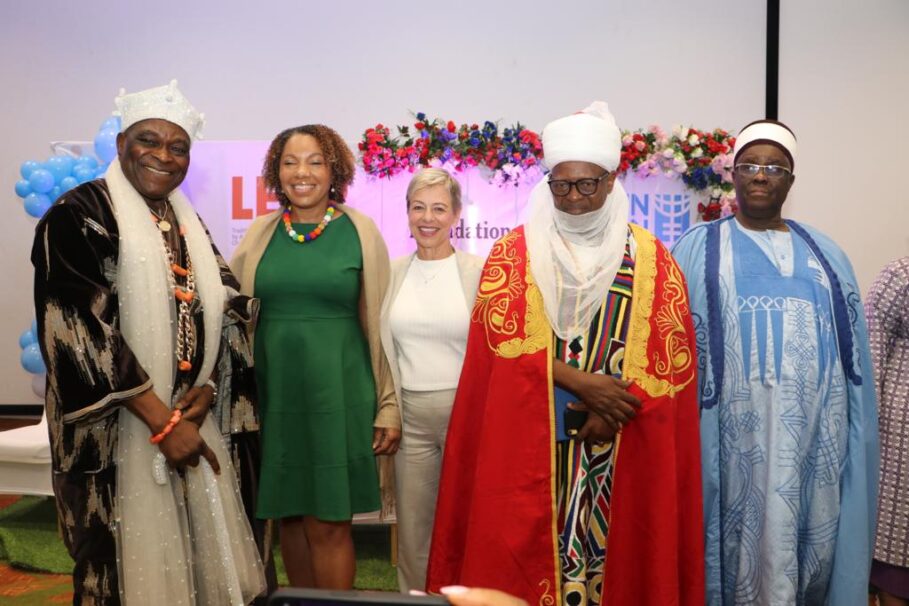
She noted that while GBV also affects men, statistics showed that the overwhelming victims were women.
She said a report revealed that 49 per cent of separated divorced or widowed women reported experiencing violence since age 18 and that 28 per cent of women who are married or living with their spouses had experienced violence.
READ ALSO: Ford Foundation: How Social Norms Drive Inequality and Gender Based Violence In West Africa
On her part, Country Representative of United Nations Women, Mrs Beatrice Eyong, said the UN universal declaration of human rights adopted in 1948 by the UN General Assembly, recognises the inherent dignity and equal and inalienable rights of all members of the human family as the foundation of freedom, justice and peace in the world but, GBV violates these principles.
She said if we value the safety of
our community members, and believe that humans beings carry the essence of God, then all must stand squarely against GBV.
The UN Women representative said at least one in three women have experienced physical and sexual volence, while “at least 200 million women and girls aged 18 to 49 years have undergone female genital mutilation in 31 countries where the practice is concentrated. Half of these countries are in West Africa. In Nigeria, 43 per cent of girls are married before the age of 18. Once married, only 1.2 percent of those aged 15 to 19 have their contraception needs met, leading to high levels of unwanted pregnancy, increasing burden of maternal mortality and several other negative health outcomes.”
While painting a picture of the impact of GBV on economies of countries, Mrs Eyong said: “Cultural and faith leaders are in a strong position to work with their communities to address the harmful cultural practices and instances of gender based violence that perpetrate negative gender norms and harm women and girls’ life and safety.”
She observed that faith and cultural leaders are decision makers who like policymakers shape the status quo.
“I hope that this dialogue will serve to synergise efforts that will accelerate positive actions, addressing issues of sexual and gender- based violence in line with the 2030 Sustainable Development Goals agenda as well as the African Union’s agenda 2063.
“The distinguished leaders in this room, both religious and cultural, are key to shifting social norms and driving the political change needed to combat gender-based violence and enhance women’s participation in the society,” she stated.
Mrs Funke Baruwa, the Ford Foundation’s Programme Officer, Gender-based Violence and Injustice, said the foundation was employing innovative ways to address GBV by engaging traditional, and religious leaders, using civil society groups as entry points and asking them to lead advocacy.
Responding, the lead convener, Council of Traditional Leaders of Africa (COTLA), Oba Adedapo Aderemi, admitted that they have significant role to play in ending GBV by raising awareness of the effects, advocating policies and laws that protect women’s rights and also providing support for survivors.
Oba Aderemi noted that tackling GBV would help in protecting rights of people, increasing economic productivity, fostering social cohesion and promoting gender equality in different communities across the continent.
Other highlights of the event was the decoration of Pennington and Mrs Eyong among other relevant women rights activists as Queens of Africa by the Council of Traditional Rulers in Africa, led by Oba Aderemi.
Victor Ezeja is a passionate journalist with seven years of experience writing on economy, politics and energy. He holds a Master's degree in Mass Communication.

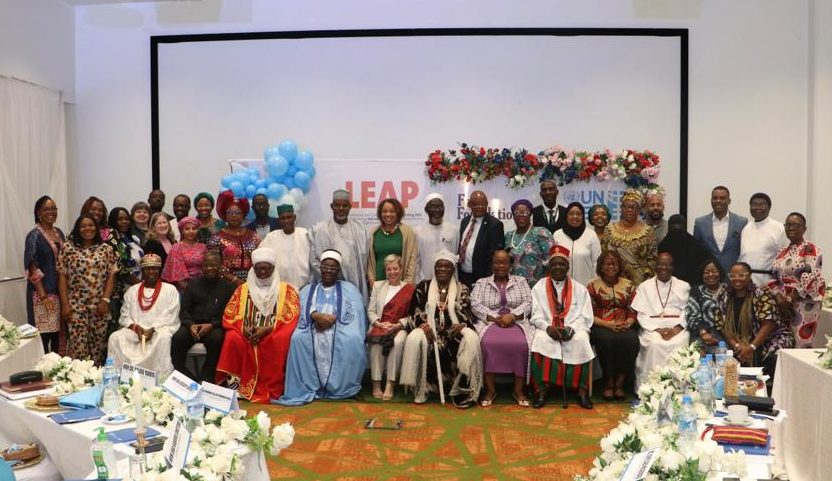

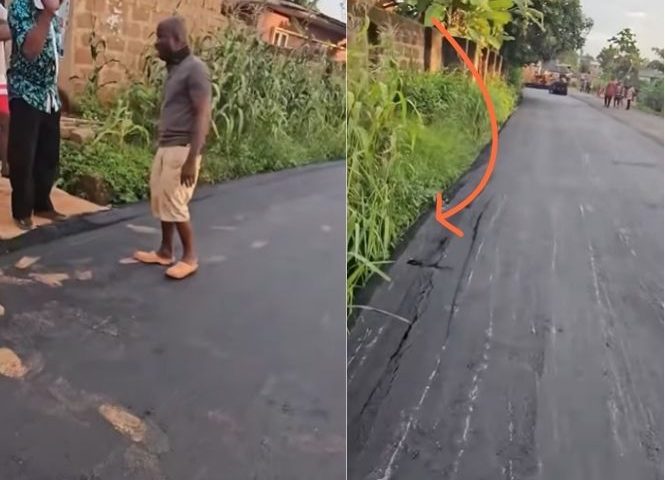

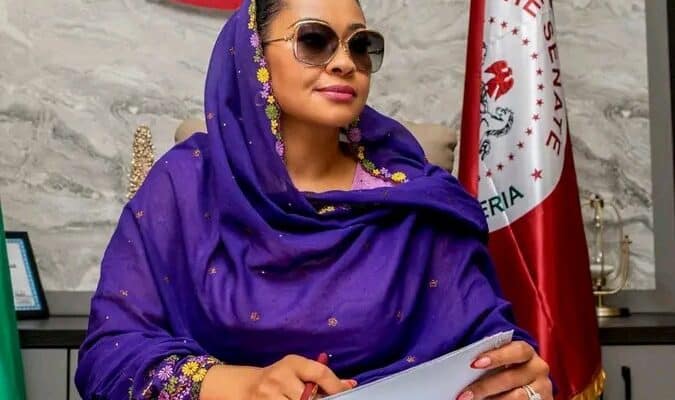









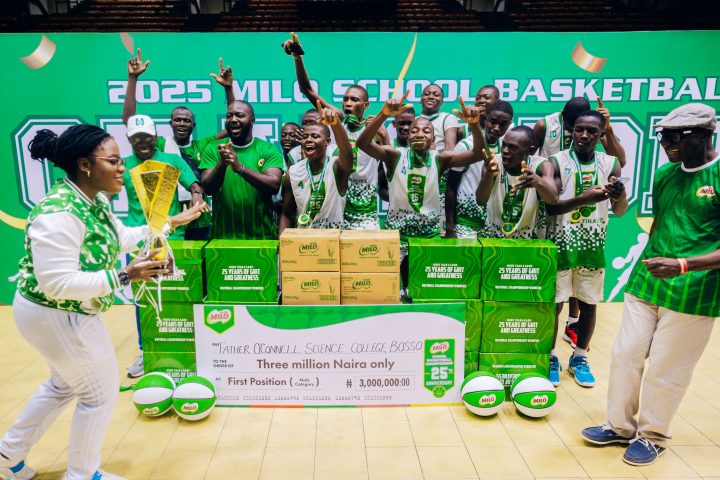
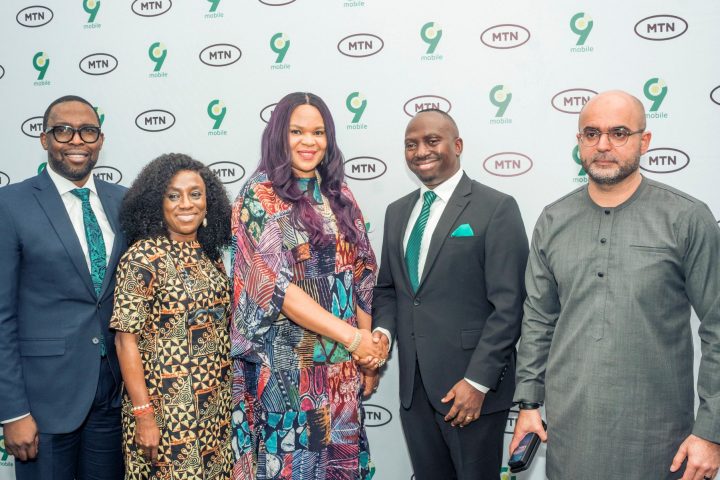
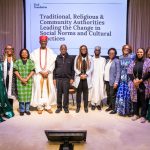
Follow Us